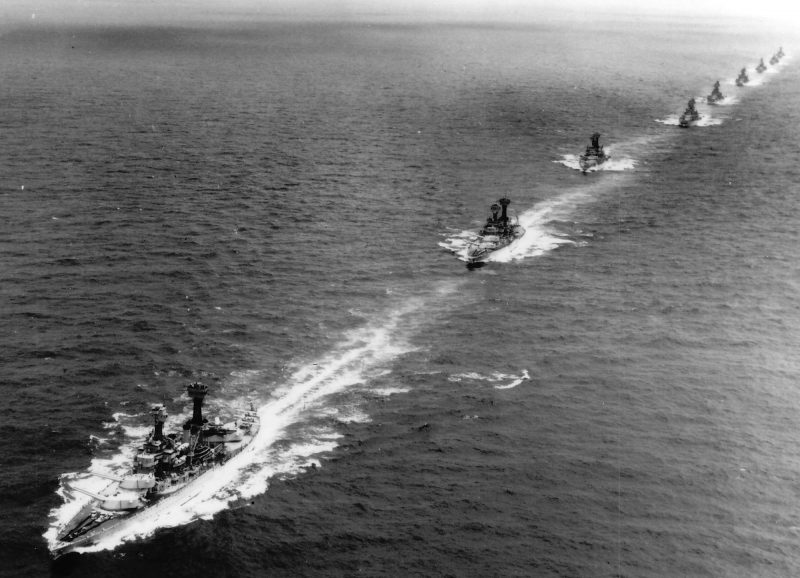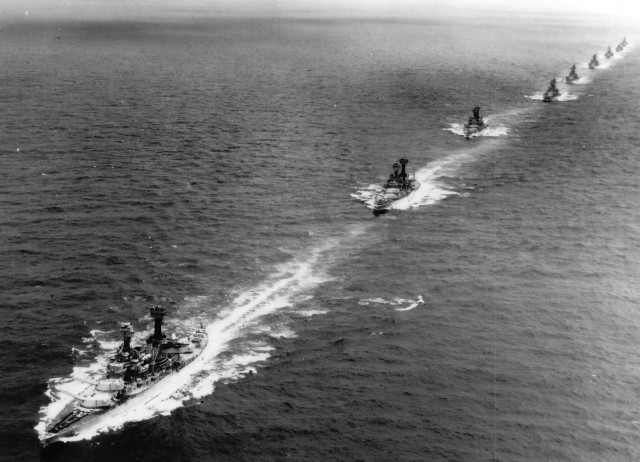The four years of the First World War, between 1914 and 1918, saw nations left almost lifeless and battles fought all around the world, but all of which started in Europe. According to British historian Michael Howard, the First World War, like many other conflicts before it, erupted due to conflicting ambitions and discouragements between the greatest European powers.
Interesting is the fact that all these huge European powers – Britain, France, Germany, Austria-Hungary, Russia and the Ottoman Empire seemed to remain unchanged since the 18th century in several ways, while some of them were even ruled by the same dynasties which had ruled for centuries before. A good example would be: Kaiser Wilhelm II in Germany, George V of Britain and Russia’s Tsar Nicolas II, who are known to had been cousins.
Beginning with the early days of the 20th century, Germany, France and Britain were responsible for over a third of the world’s industrial production, while the United States was still the largest single economy in the world. Competition and conflict aroused when each of these rival empires began to show huge interest in political, military and commercial power, which later became a longing for supremacy and which was so strong and so feared by the great nations, it gave birth to the bloodiest slaughter of the century.
Germany wanted to take over the Royal Navy and rule the seas which got the British leaders a little worried, not mentioning the fact that the same need of increasing its colonial empire raised tensions in Britain and France, the ENCA reports.
On the other side, Russia and the Austro-Hungarian Empire were craving for the power of the Balkans, which were highly under the influence of the Ottoman Empire. Two significant incidents can be labeled as reasons for the outbreak of the First World War between October 1912 and the early days of 1913.
The ‘Balkan League’ was formed by Bulgaria, Serbia, Greece and Montenegro. Only one of the Allies actually got engaged and that was Russia, which went on Serbia’s side just in the name of pan-Slav solidarity, while all the other powers remained neutral during the development of these Balkan crises.
In the meantime, all Europe’s great powers started playing some kind of team’s game, which led to the establishment of two rival alliances. Germany, The Austro-Hungarian Empire and Italy formed the “Triple Alliance”, while France, Britain and Russia became the “Triple Entente”.
“The mood was one of nationalism, as well as a great deal of anxiety, a fear of being outmanoeuvred by the other side,” said German historian Gerd Krumeich.

